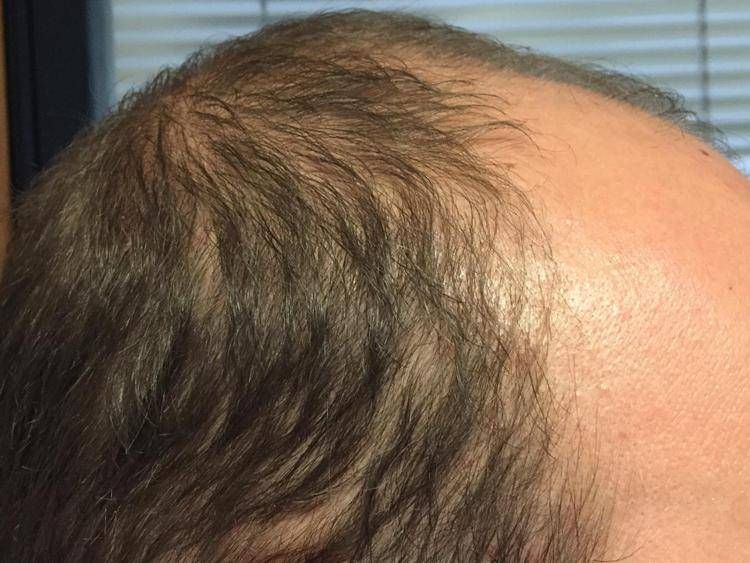Hair loss. There is also this among the many problems caused by the Covid-19, often overlooked in the acute phase of the disease, but which can last for the long term. One in three people, among those who have contracted the virus, has this disorder and suffers from one more or less severe form of alopecia, 2-3 months after infection. Alfredo Rossi, professor of dermatology at the University of Rome Sapienza, spoke on the subject at the congress of the Italian Society of Aesthetic Medicine (Sime) opened today in Rome.
Sars-Cov -2 infection, explains Rossi, “can cause a massive release of proinflammatory cytokines, which induces not only a conspicuous hair loss (telogen effluvium), but also inflammation which, in some cases, can lead to a fibrosis of the scalp. To this must be added, as an important cause of hair loss, the stress caused by changing lifestyle habits, the fear of getting sick, isolation, perhaps even the loss of work and the economic crisis, the illness or loss of loved ones that have characterized the lives of many in these pandemic years “.
In most cases the problem “is reversible within six months from the stressful event. However, those who already have a predisposition to androgenetic alopecia, after infection with Covid-19 could observe a regrowth of hair that is thinner or more sparse than before. In these cases it is advisable and helpful to contact a specialist “.
Finally, “with the large-scale vaccination campaign other forms of alopecia have emerged linked to the activation of the immune system, induced by vaccination. In particular, forms of autoinflammatory diseases of the scalp have been observed (alopecia areata, lichen plano pilare, lupus discoid erythematosus and descaling folliculitis) both onset de novo and as an exacerbation. Prompt treatment is essential for resolving the problem. To identify the most useful remedies, a specialist trichological examination with trichoscopic examination is recommended, which allows an accurate evaluation the state of health of the scalp and hair, to then understand if and with which therapeutic measures to intervene “, concludes Rossi.
